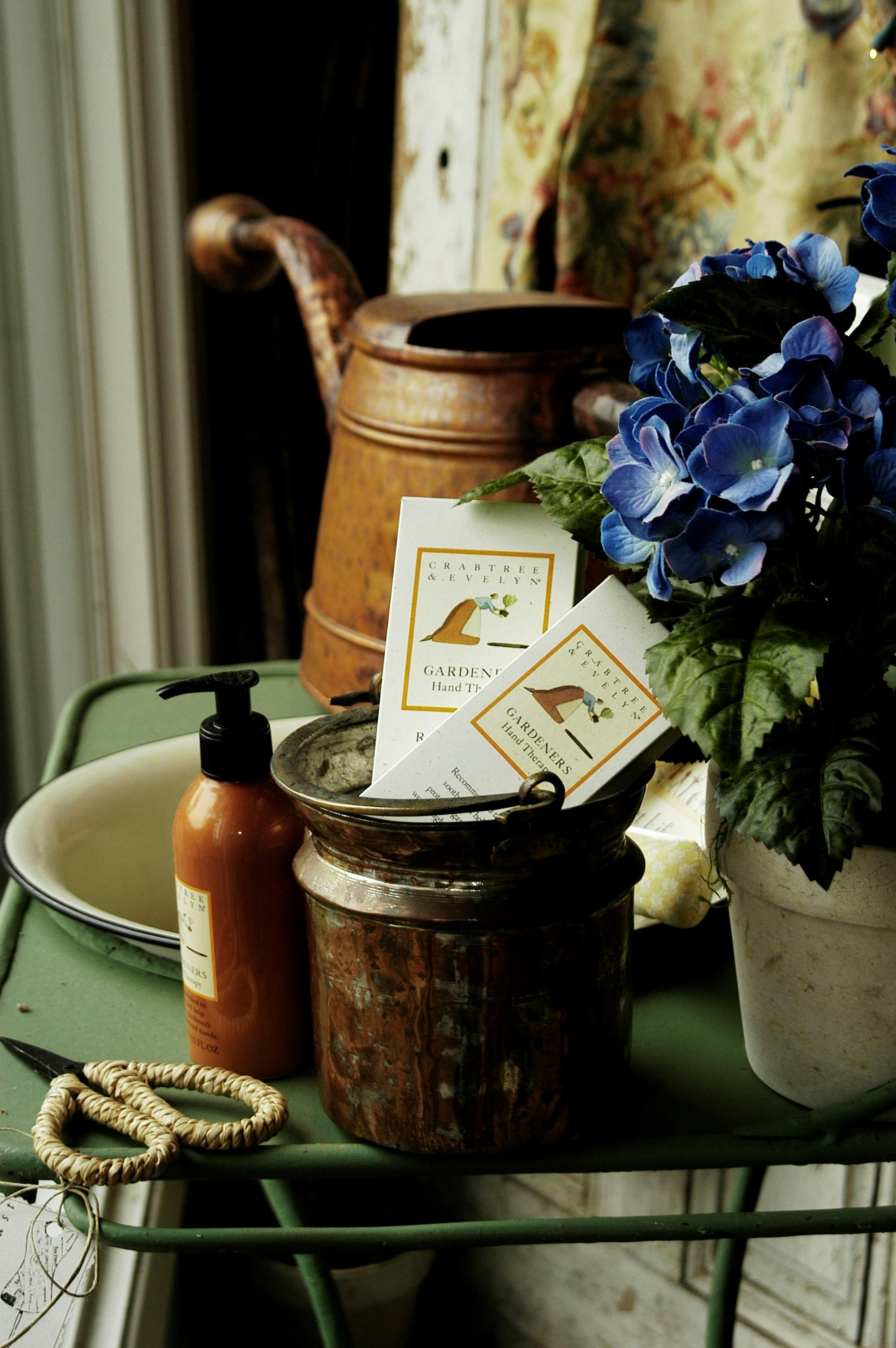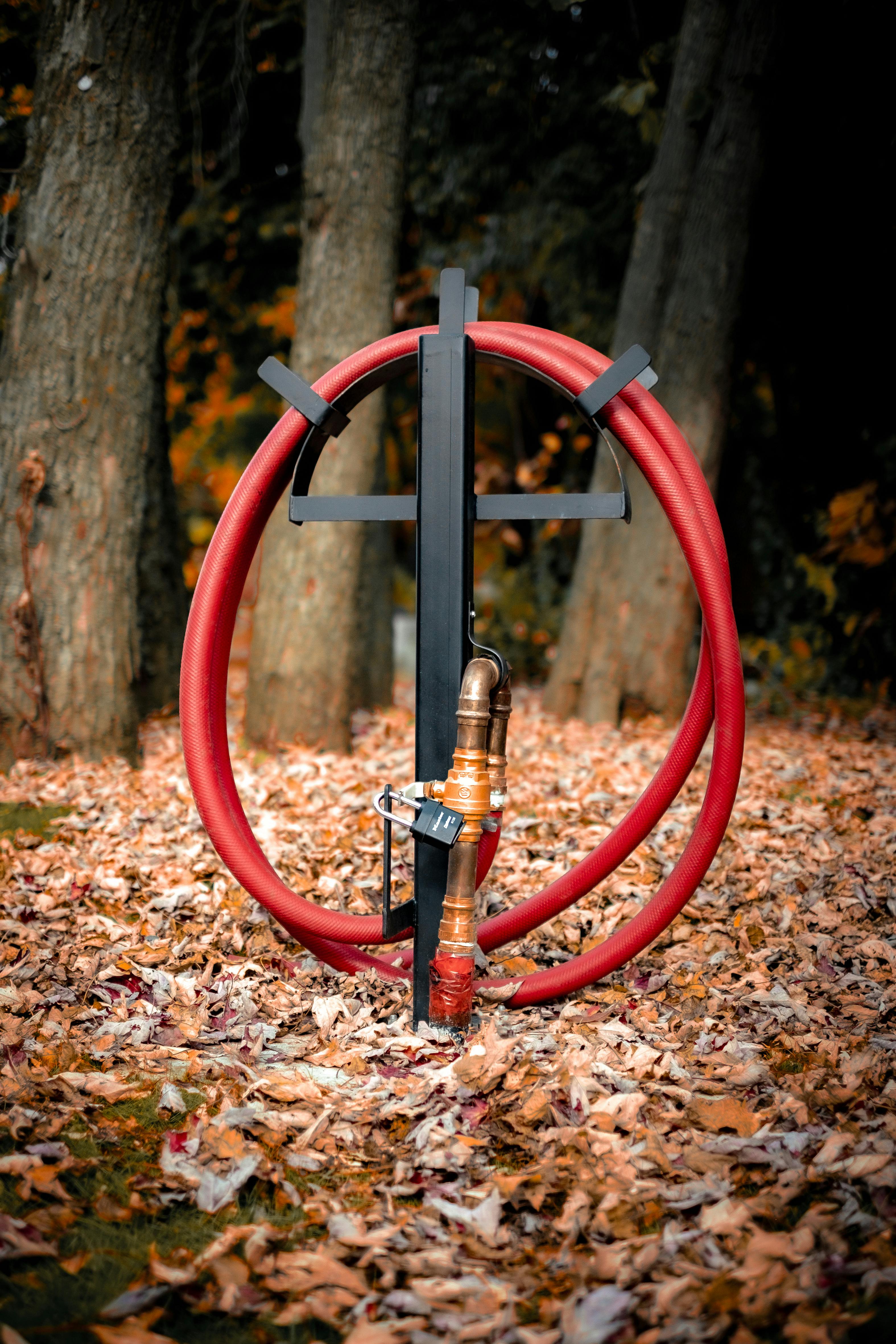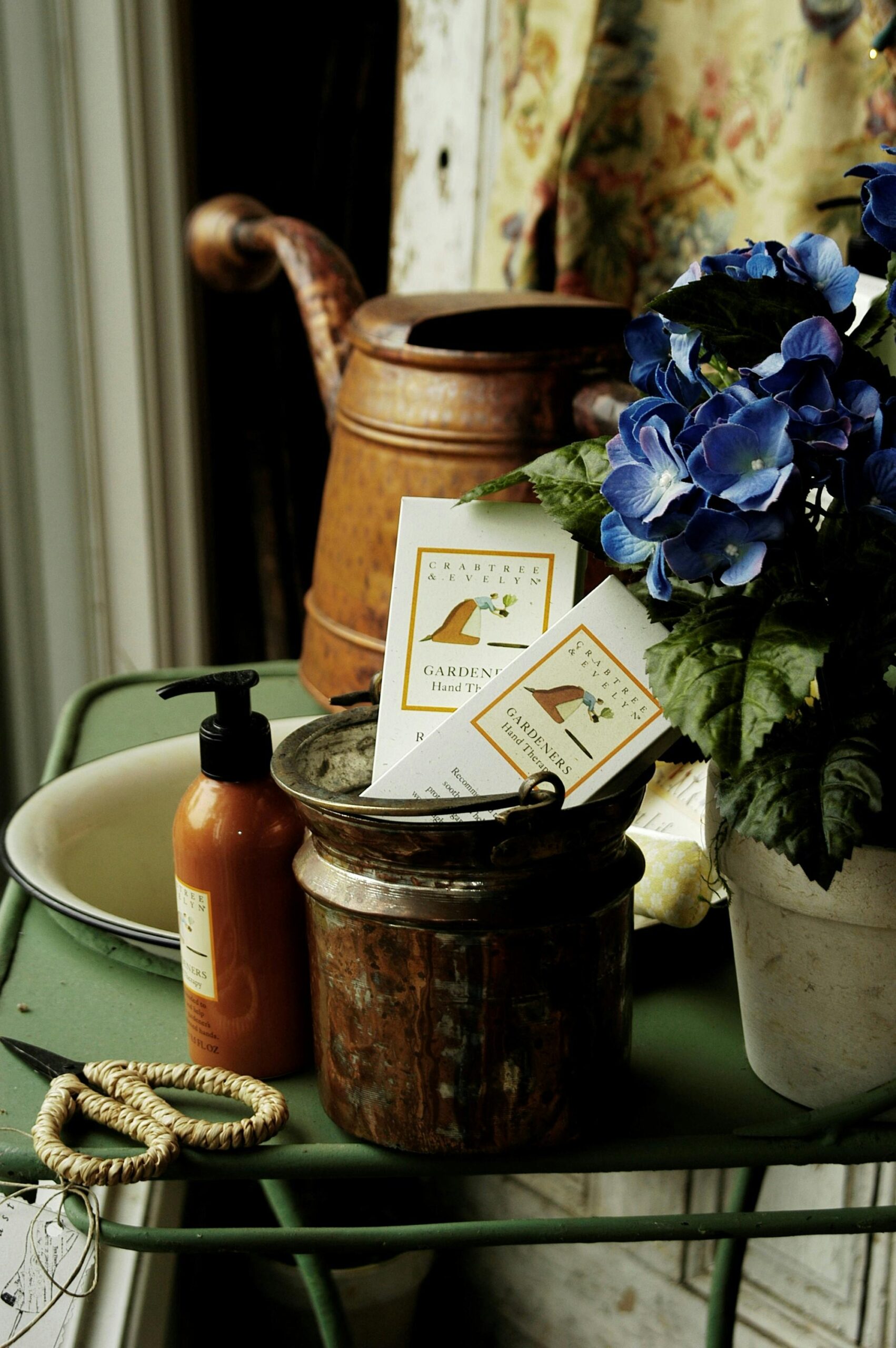Why Copper Tools for Gardening Are the Future of Sustainable Horticulture
Copper tools for gardening are making a remarkable comeback among gardeners and horticulturists alike. As more people embrace eco-conscious lifestyles, the shift toward sustainable and long-lasting garden tools has gained momentum. In this article, you’ll learn the core benefits of copper tools, how to use them effectively, and why they’re a smart investment for your green space.

Understanding the Fundamentals
Copper tools for gardening are not just aesthetically pleasing—they serve functional advantages that outperform traditional steel or plastic tools. The use of copper in gardening dates back centuries, rooted in ancient agricultural practices across Europe and Asia.
These tools are built for longevity, precision, and even benefit the soil in ways few other materials can. Unlike steel tools, copper does not rust and requires minimal maintenance, making it a go-to for serious and casual gardeners alike.
1.1 Historical Significance of Copper in Agriculture
Copper tools have been used since the Bronze Age. Archaeological evidence shows that early civilizations relied on copper-blend tools for farming due to their durability and ease of sharpening. Fast-forward to today, and copper tools for gardening remain relevant, even more so in sustainable agriculture.
Studies indicate that using copper in soil contact tools can reduce the spread of harmful bacteria and fungi. This makes copper hand tools ideal for organic gardening and biodynamic farming practices.
1.2 Unique Material Benefits
Unlike iron or aluminum, copper is anti-microbial, naturally repelling slugs and snails without chemical repellents. This makes copper tools ideal for garden maintenance in eco-conscious homes.
Additionally, copper is more malleable and absorbs impact better, reducing hand fatigue during repetitive tasks. Gardeners appreciate their smooth operation and extended usability, which justifies their initial investment cost.
Practical Implementation Guide
Now that you understand the unique properties of copper tools, it’s time to explore how they’re used in real-life garden settings. Implementing these tools doesn’t require special training, but there are best practices to optimize their performance and longevity.

2.1 Actionable Steps
- Start with Essential Tools: Invest in basics like a copper trowel, weeder, and hand fork. These cover most daily gardening tasks and allow you to evaluate their benefits firsthand.
- Use Correct Techniques: Avoid overexertion by letting the tool’s weight and shape do the work. Copper tools are heavier than plastic but require less downward pressure.
- Routine Care: Rinse tools after use and store in a dry area. Over time, a natural patina will form on copper, which enhances its microbial benefits without affecting performance.
2.2 Overcoming Challenges
While copper tools are low maintenance, there are a few common challenges gardeners face:
- Initial Cost: Copper tools may cost more upfront than mass-produced steel counterparts.
- Patina Confusion: Some users worry about the greenish oxidation; however, this patina is protective and beneficial.
- Availability: Not all garden centers stock copper tools—buy from specialty retailers.
To mitigate these, plan your purchases strategically and educate yourself on copper’s properties. Experts suggest buying one or two tools at a time rather than replacing your entire set at once.
Advanced Applications
Once you’ve mastered the basics, copper tools for gardening can elevate your practice to professional levels. These applications involve specialized tools and techniques that enhance soil health and planting accuracy.

3.1 Precision Soil Cultivation
Advanced gardeners use copper hoes and rakes to manage microclimates in garden beds. Copper’s non-magnetic properties mean it doesn’t disrupt the soil’s electromagnetic balance, a key concept in biodynamic farming.
Case studies in organic farms show a 15% yield increase when switching to copper cultivation tools, attributed to better soil aeration and reduced bacterial interference.
3.2 Integrating with Irrigation and Composting Systems
Gardeners using compost-rich beds often prefer copper hand tools for their non-reactive qualities. Unlike steel, copper won’t corrode or alter the pH of composting materials.
Copper tools also work well in tandem with drip irrigation systems, allowing precise trenching and water distribution without damage to tubing or plants.
Future Outlook
The future of gardening is increasingly eco-driven, and copper tools are poised to play a central role. As consumer awareness grows, demand for high-performance, sustainable tools continues to rise.
Innovations like recycled copper tool lines and customizable handles are expected to dominate the next wave of garden equipment. Gardeners can prepare by gradually integrating copper tools into their kits and staying informed through gardening forums and trade publications.
Conclusion
Copper tools for gardening offer a unique combination of sustainability, performance, and aesthetic appeal. Their natural anti-microbial properties, durability, and soil-friendly features make them a superior alternative to conventional tools.
If you’re serious about gardening, it’s time to invest in copper tools. Begin with the essentials and experience firsthand how they transform your garden routines. Explore the world of sustainable horticulture—your garden will thank you.
Frequently Asked Questions
- Q: What are copper tools for gardening? Copper tools are specialized gardening instruments made from copper or copper alloys, offering benefits like rust resistance and microbial protection.
- Q: How can beginners start using copper tools? Start with simple tools like a copper trowel or hand weeder. Learn how to care for them and gradually expand your collection.
- Q: How much time do copper tools save? Copper tools often cut task time by 20–30% due to their efficiency and ergonomic design.
- Q: Are copper tools expensive? Prices range from $25 to $100 depending on the tool type and craftsmanship. However, their longevity offsets the cost over time.
- Q: How do copper tools compare to steel ones? Copper tools are rust-free, require less maintenance, and promote healthier soil compared to steel tools, though they are heavier and pricier.
- Q: Are copper tools hard to use? Not at all. They’re ergonomically designed and easy to handle. Most users find them more comfortable than traditional options.
- Q: Are copper tools used in professional agriculture? Yes, especially in biodynamic and organic farms where soil health and tool longevity are top priorities.
